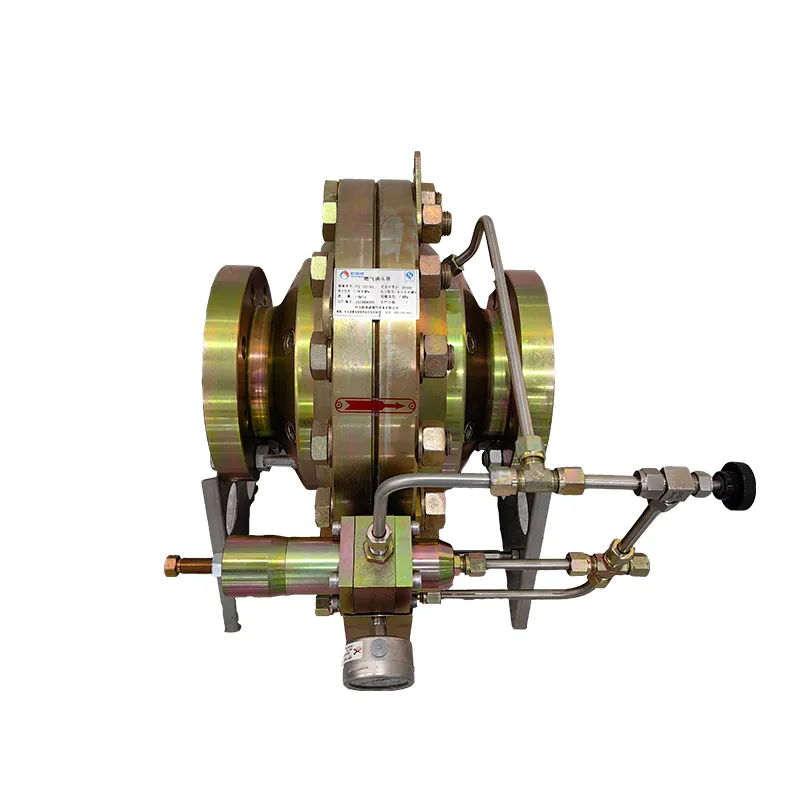
Nov . 26, 2024 00:22
Back to list
Safety Measures for Natural Gas Valves and Risk Mitigation Strategies
The Importance of Natural Gas Safety Valves
Natural gas is an essential energy source that powers homes, businesses, and industries around the world. While it is an efficient fuel, the safety of its use is paramount, and this is where natural gas safety valves come into play. These crucial devices serve as vital components in safeguarding against potential hazards associated with natural gas systems, ensuring both safety and reliability.
What is a Natural Gas Safety Valve?
A natural gas safety valve is a mechanical device designed to control the pressure of gas within a pipeline or system. It acts as a safety mechanism that automatically opens to relieve pressure when it exceeds a preset limit, preventing the possibility of explosions or equipment damage. There are various types of safety valves, including pressure relief valves, excess flow valves, and emergency shut-off valves, each serving a distinct purpose but all contributing to system safety.
How Safety Valves Work
The operation of a natural gas safety valve is relatively straightforward. Under normal conditions, the valve remains closed, allowing gas to flow freely through the pipeline. However, if the pressure rises due to a blockage, increased demand, or thermal expansion, the safety valve will detect this abnormal condition. Once the pressure exceeds the set threshold, the valve will either partially or fully open, venting the excess gas to prevent dangerous pressure levels from being reached. This automatic response is critical in averting catastrophic failures and ensuring the integrity of the entire gas delivery system.
Benefits of Using Natural Gas Safety Valves
natural gas safety valve

1. Preventing Explosions The primary function of safety valves is to mitigate the risk of gas explosions, which can occur due to sudden pressure buildup. By automatically releasing excess pressure, these valves minimize the chances of a devastating incident.
2. Protecting Equipment Equipment and pipelines can be costly and complex. Safety valves protect these investments by preventing damage caused by overpressure, which can lead to costly repairs or replacements.
3. Ensuring Compliance Many regions have regulations mandating the use of safety devices in gas systems. Installing safety valves ensures compliance with these regulations, thereby avoiding potential fines and legal issues.
4. Maintaining Operational Efficiency By preventing overpressure situations, safety valves help maintain the efficient operation of natural gas systems. This ensures a steady supply of gas, reducing downtime and improving service reliability.
Conclusion
Natural gas safety valves are indispensable in the modern energy landscape. They offer peace of mind by mitigating risks associated with gas use, protecting both lives and property. As the demand for natural gas continues to grow, so too does the need for stringent safety measures. Regular maintenance and proper functioning of safety valves are essential to maintain safety standards and ensure the continued efficiency of gas systems. In a world reliant on energy, investing in safety measures like natural gas safety valves is not just a regulatory requirement—it is a moral imperative.
Latest news
-
Safety Valve Spring-Loaded Design Overpressure ProtectionNewsJul.25,2025
-
Precision Voltage Regulator AC5 Accuracy Grade PerformanceNewsJul.25,2025
-
Natural Gas Pressure Regulating Skid Industrial Pipeline ApplicationsNewsJul.25,2025
-
Natural Gas Filter Stainless Steel Mesh Element DesignNewsJul.25,2025
-
Gas Pressure Regulator Valve Direct-Acting Spring-Loaded DesignNewsJul.25,2025
-
Decompression Equipment Multi-Stage Heat Exchange System DesignNewsJul.25,2025

